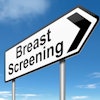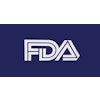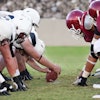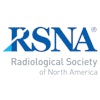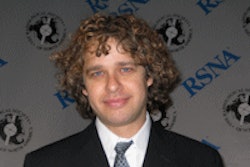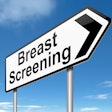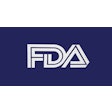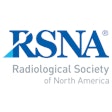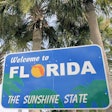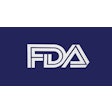CHICAGO - Whether it's a local imaging center trying to boost procedure volume to stay afloat in a tight market or a mighty organization like the U.S. Congress attempting to curb what it sees as skyrocketing healthcare spending, the use -- and overuse -- of medical imaging is under intense scrutiny.
Noninvasive diagnostic imaging makes up the majority of the total amount of imaging procedures performed every year in the U.S. But there have been few studies that examine whether diagnostic imaging rates vary from geographic area to geographic area or that track utilization growth by specialty in different regions.
Dr. Vijay Rao and colleagues at Thomas Jefferson University Hospital and the Center for Research on Utilization of Imaging Services (CRUISE) in Philadelphia explored how much variation in imaging utilization rates exists among different geographic regions of the U.S. The team presented its work at this week's RSNA meeting in Chicago, finding that there is a surprising amount of geographic variation in imaging use rates in the U.S., as well as considerable geographic variation in the rapidity of imaging utilization growth.
Who uses what, and where?
The team used the 2002-2006 Medicare Part B fee-for-service database; claims are categorized into 10 different geographic regions, each with a major city. The researchers calculated a utilization rate per thousand for all imaging services performed in each region and determined the proportion of these services that were performed by radiologists. The study also assessed utilization rates during this time frame among radiologists, cardiologists, primary care physicians, and surgeons.
In 2006, imaging utilization rates per thousand Medicare beneficiaries ranged from a high of 4,532 in the Atlanta region to a low of 2,901 in the Seattle region (a difference of 56%).
|
Radiologists' share of the imaging market ranged from a high of 69% in the Boston region to a low of 58% in the Atlanta region.
|
Between 2002 and 2006, the percent change in overall utilization rates ranged from 20% in New York City to 8% in Seattle.
|
Nonradiologists boost use rates
Of the four major specialty groups providing imaging, cardiologists showed the largest percentage increase during the time frame in all 10 geographic regions, ranging from 25% in Philadelphia to 53% in Boston.
"We found some correlation between use of imaging by radiologists and nonradiologists," Rao told AuntMinnie.com. "In regions that had higher utilization rates by nonradiologists, the overall use rate was higher as well."
Rao and her team suggested that a future study analyzing the use of MR, CT, and nuclear medicine separately could shed even more light on utilization patterns. And studying why some regions have lower imaging use than others could also prove insightful.
"Why is utilization so much lower in Seattle than in Atlanta?" Rao said. "If we dig a little deeper and try to understand what other factors contribute to these geographic variations, we could discover what some regions are doing to control use."
By Kate Madden Yee
AuntMinnie.com staff writer
December 4, 2008
Related Reading
Wake up, watch out: Coming trends in managing medical imaging, October 13, 2008
GAO: DRA cut 2007 imaging expenses by $1.7 billion, September 26, 2008
AHIP report touts RBMs to control imaging costs, July 29, 2008
GAO report on overutilization draws industry ire, July 15, 2008
Report: Payors putting squeeze on imaging overuse, July 11, 2008
Copyright © 2008 AuntMinnie.com

